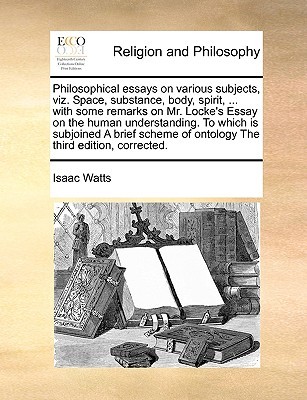- Bible
- Read the Bible
- Bible Versions
- Verse of the Day
- Reading Plans
- Verses by Topic
- Books of the Bible
- Bible Images
- Study
- Commentaries
- Concordances
- Dictionaries
- Encyclopedias
- Sermons
- Bible Atlas & Maps
- BP Wiki
- Devotionals
- Today's Devotionals
- Light of the World
- All Devotionals
- Inspirational Quotes
- More
- Picture Quotes
- Videos
- Inspirational
- Bible Study
- What The Bible Says
- Bible Q&As
- Daily Bread
- Bible by Genre
- Bible Stories
- Random Bible Verse
- Community
- Store
The 18th century was a wealth of knowledge, exploration and rapidly growing technology and expanding record-keeping made possible by advances in the printing press. In its determination to preserve the century of revolution, Gale initiated a revolution of its own: digitization of epic proportions to preserve these invaluable works in the largest archive of its kind. Now for the first time these high-quality digital copies of original 18th century manuscripts are available in print, making them highly accessible to libraries, undergraduate students, and independent scholars.
The Age of Enlightenment profoundly enriched religious and philosophical understanding and continues to influence present-day thinking. Works collected here include masterpieces by David Hume, Immanuel Kant, and Jean-Jacques Rousseau, as well as religious sermons and moral debates on the issues of the day, such as the slave trade. The Age of Reason saw conflict between Protestantism and Catholicism transformed into one between faith and logic -- a debate that continues in the twenty-first century.
++++
The below data was compiled from various identification fields in the bibliographic record of this title. This data is provided as an additional tool in helping to insure edition identification:
++++
British Library
T083233
'A brief scheme of ontology' has a separate dated titlepage, but pagination and register are continuous.
London: printed for James Brackstone, 1742. xiii, [3],407, [1]p.; 8�
BUY NOW
Paperback, 438 pages
Published June 24th 2010 by Gale Ecco, Print Editions (first published May 15th 1990)
© 2025 Bibleportal.com All rights reserved.

Isaac Watts is recognised as the "Father of English Hymnody", as he was the first prolific and popular English hymnwriter, credited with some 750 hymns. Many of his hymns remain in active use today and have been translated into many languages.
His education led him to the pastorate of a large Independent Chapel in London, and he also found himself in the position of helping trainee preachers, despite poor health. Taking work as a private tutor, he lived with the non-conformist Hartopp family at Fleetwood House, Abney Park in Stoke Newington, and later in the household of Sir Thomas Abney and Lady Mary Abney at Theobalds, Cheshunt, in Hertfordshire, and at their second residence, Abney House, Stoke Newington.
Though a non-conformist, Sir Thomas practised occasional conformity to the Church of England as necessitated by his being Lord Mayor of London 1700-01. Likewise, Isaac Watts held religious opinions that were more non-denominational or ecumenical than was at that time common for a non-conformist, having a greater interest in promoting education and scholarship, than preaching for any particular ministry.
... Show more